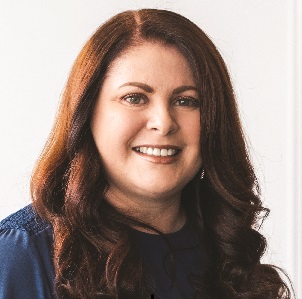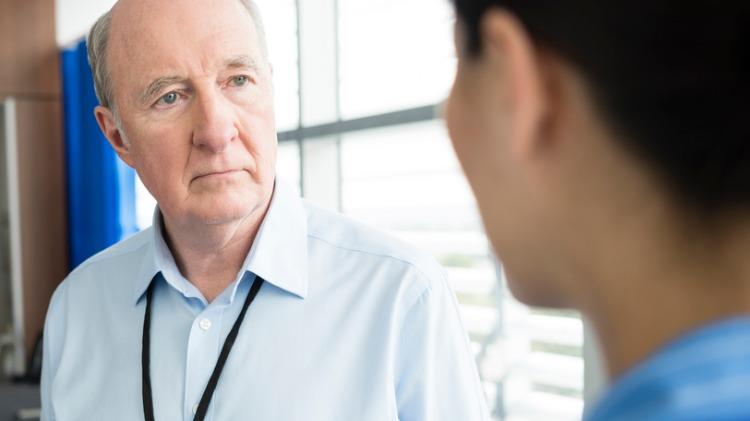Responding to requests for unnecessary tests
07 Dec 2023
Case study
Jenny is a new patient. She has booked a double appointment, which leaves time to discuss her past medical history and address her presenting problems. Jenny is polite, on time, and hands you a piece of paper as she sits down.
“Hi doctor – I know you’ll want a full medical history, but it’s a waste of your time and mine. My friend is a naturopath, and she understands my symptoms. I need you to order the tests because I can’t pay for them privately.”
You glance down the long list of obscure tests – most of which you’ve never ordered before. You try and elicit more information, but Jenny is having none of it.
“Look, I just want the tests. And while I’m here, can you cannulate me and administer this,” she says, pulling out a bag of orange fluid with foreign writing on the side.
You ask what it is, with some trepidation.
“It’s a special vitamin mix I ordered online from Europe.”
Discussion
There is a good reason why you will often see the word “necessary” when it comes to the provision and funding of medical services. Good medical practice: a code of conduct for doctors in Australia encourages doctors to ensure “the services you provide are necessary and likely to benefit the patient” as noted under Section 7.2: Wise use of healthcare resources.
This in turn references Choosing Wisely Australia – an initiative of NPS Medicinewise hosted by the Australian Commission on Safety and Quality in Health Care, which aims to reduce unnecessary tests, treatments and procedures through better education.
Doctors should exercise clinical judgement when it comes to requesting tests under the MBS. Explanatory note PN.0.2 of the MBS defines an “Excessive Pathology Service” as “a pathology service for which a Medicare benefit has become or may become payable and which is not reasonably necessary for the adequate medical or dental care of the patient concerned.” Pathology referrals are monitored by Medicare and, if pathology ordering is found to be excessive, you could be referred to Professional Services Review.
Follow-up can also be problematic. If a patient is reluctant to engage with you clinically, how can you adequately follow up any abnormal results? It is also inappropriate for a patient to add their own tests to your pathology form.
And, as for administering an unknown orange substance, we recommend you only ever administer medications that you would prescribe.
If in doubt, contact our Medico-legal Advisory Services team for advice. The RACGP also has some excellent resources on responding to patient requests for clinically inappropriate tests.
Stay updated with the latest medico-legal content |
Subscribe to MDA National’s biannual Member publication, Defence Update, for the latest medico-legal updates, articles and case studies.

Doctors Let's Talk: Get Yourself A Fricking GP
Get yourself a fricking GP stat! is a conversation with Dr Lam, 2019 RACGP National General Practitioner of the Year, rural GP and GP Anesthetics trainee, that explores the importance of finding your own GP as a Junior Doctor.
25 Oct 2022
Systematic efforts to reduce harms due to prescribed opioids – webinar recording
Efforts are underway across the healthcare system to reduce harms caused by pharmaceutical opioids. This 43-min recording of a live webinar, delivered 11 March 2021, is an opportunity for prescribers to check, and potentially improve, their contribution to these endeavours. Hear from an expert panel about recent opioid reforms by the Therapeutic Goods Administration and changes to the Pharmaceutical Benefits Scheme.
14 May 2021
Diplomacy in a hierarchy: tips for approaching a difficult conversation
Have you found yourself wondering how to broach a tough topic of conversation? It can be challenging to effectively navigate a disagreement with a co-worker, especially if they're 'above' you; however, it's vital for positive team dynamics and safe patient care. In this recording of a live webinar you'll have the opportunity to learn from colleagues' experiences around difficult discussions and hear from a diverse panel moderated by Dr Kiely Kim (medico-legal adviser and general practitioner). Recorded live on 2 September 2020.
05 Oct 2020







